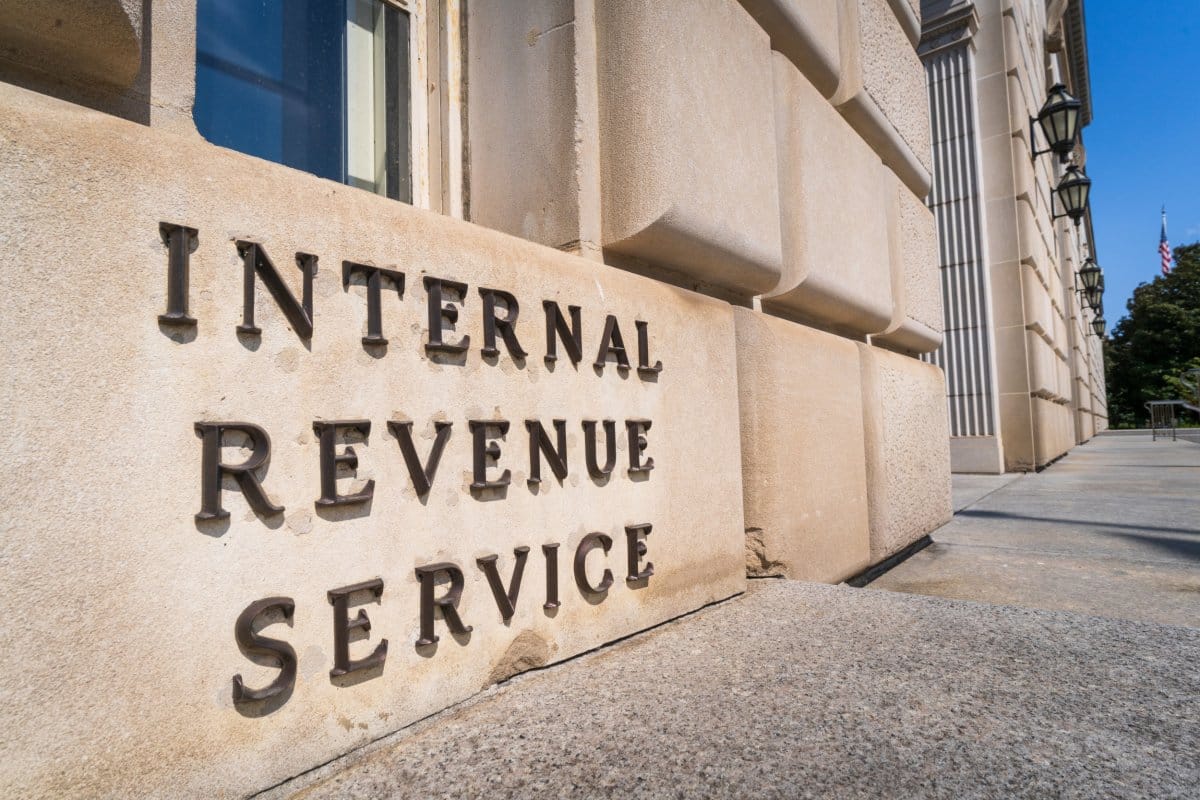What the New IRS Regulations Mean for Crypto and DeFi

The U.S. Internal Revenue Service (IRS) has introduced new tax regulations set to take effect in 2027, which will significantly impact decentralized finance (DeFi) platforms. These rules mandate that DeFi brokers report all gross proceeds from digital asset sales and gather extensive user information, including names and addresses. This development stems from the 2021 Infrastructure Investment and Jobs Act, which expands the definition of "broker" to include entities like non-custodial wallets, smart contracts, and various DeFi applications under section 6045 of the Internal Revenue Code.
The IRS's approach labels these platforms as "digital asset middlemen," essentially requiring even trustless systems like smart contracts to meet certain compliance standards. This expansion aims to close tax loopholes within the crypto industry, ensuring that all transactions are accounted for, regardless of whether the assets pass through centralized exchanges like Binance or Coinbase.
Balancing Regulatory Compliance with Decentralization Principles
These new rules pose a significant challenge to the core principles of DeFi, which emphasize privacy, autonomy, and self-sovereignty. The requirement to report "gross proceeds" – the total income from transactions without deducting expenses like fees – necessitates the development of sophisticated tracking systems within platforms that are inherently designed to operate without centralized control or oversight. This not only complicates the operational framework of DeFi but also raises questions about how such platforms can maintain their decentralized ethos while adhering to these new regulations.
The crypto community has reacted with considerable criticism, arguing that these regulations are not just impractical but potentially detrimental to the very nature of DeFi. Key figures like Uniswap's Chief Legal Officer, Katherine Minarik, and CEO Hayden Adams, have publicly opposed these changes. Adams has suggested challenging the regulations through the Congressional Review Act, highlighting the difficulty of compliance for non-custodial platforms without undermining their decentralized model.
Bill Hughes from Consensys has critiqued the regulations as providing "all cost, no benefit," foreseeing substantial compliance hurdles with negligible advantages for either users or the IRS. This could lead to increased operational costs for DeFi platforms, possibly resulting in higher fees for users or a shift of services to jurisdictions with less stringent regulations. Smaller DeFi platforms might find these requirements particularly burdensome, potentially leading to a migration of services to more crypto-friendly environments.
The overarching concern is how these regulations might shape the future of DeFi. While some view them as steps towards legitimizing and stabilizing the crypto market, others fear they threaten the foundational principles of decentralization and anonymity that have fueled the DeFi boom. The tension between regulatory compliance and maintaining the decentralized nature of these platforms will likely define the trajectory of DeFi in the coming years.
As the industry navigates these new rules, the balance will be crucial not only for compliance but also for preserving the innovative spirit that has made DeFi a cornerstone of the broader cryptocurrency ecosystem. This coming year will be critical under the new Trump admin, where it’s more pro-crypto and there is a chance these new IRS regulations will be changed or removed.

